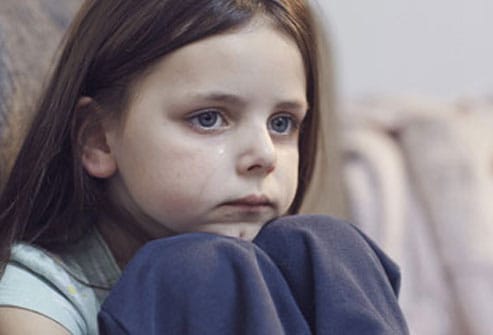Abuse & NeglectThe effects of trauma, abuse and neglect affect each child differently. While the effects can be severe and long-lasting, children who have been abused or exposed to violence can and do go on to have healthy and productive childhoods and adult lives. Children are resilient, and being able to discuss and guide our children through a recovery process is crucial to their success. It is often the first step towards healing.
|
Signs Of Emotional Abuse
|
Symptoms Of Physical Abuse
|
Signs Of Neglect
- Clothes are ill-fitting, filthy, or inappropriate for the weather.
- Hygiene is consistently bad (unbathed, matted and unwashed hair, noticeable body odor).
- Untreated illnesses and physical injuries.
- Is frequently unsupervised or left alone or allowed to play in unsafe situations and environments.
- Is frequently late or missing from school.
"Children are likely to live up to what you believe of them."
- Lady Bird Johnson, Former First Lady of USA
Helpful Resources For Trauma, Abuse & Neglect
Childhelp® National Child Abuse Hotline at 1-800-4-A-CHILD (1-800-422-4453) to report suspected abuse.
Childwelfare.gov. Most states have a toll-free number to call to report suspected child abuse or neglect. Childwelfare.gov has a state-by-state listing
Childwelfare.gov. Most states have a toll-free number to call to report suspected child abuse or neglect. Childwelfare.gov has a state-by-state listing

